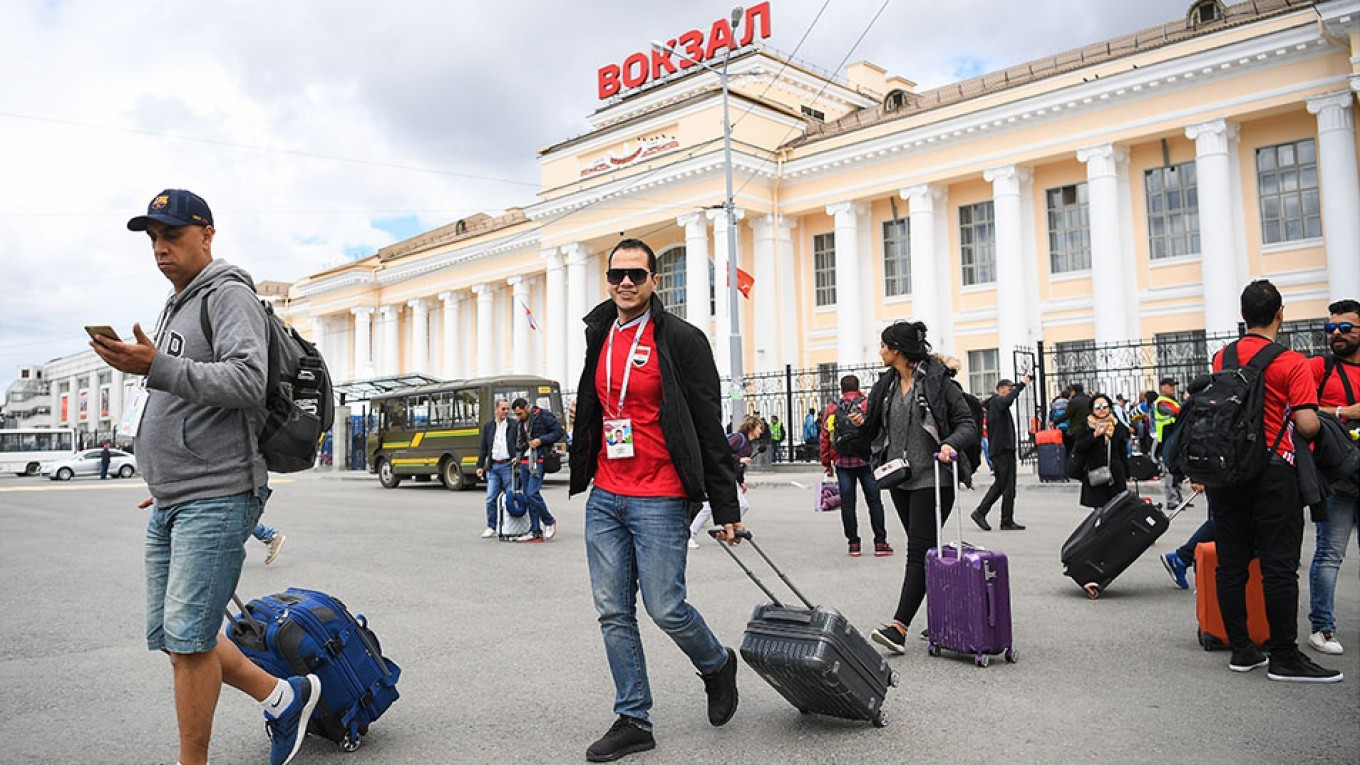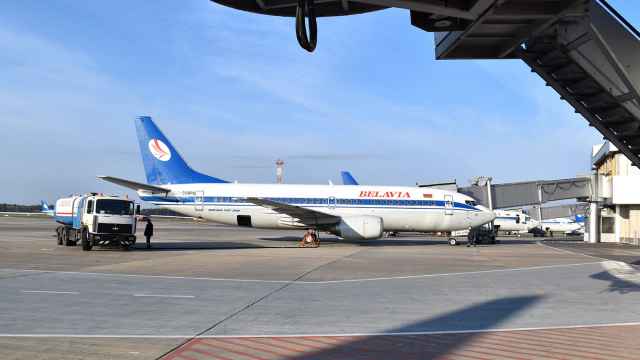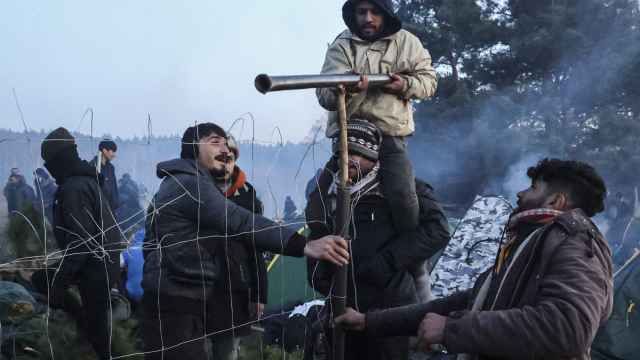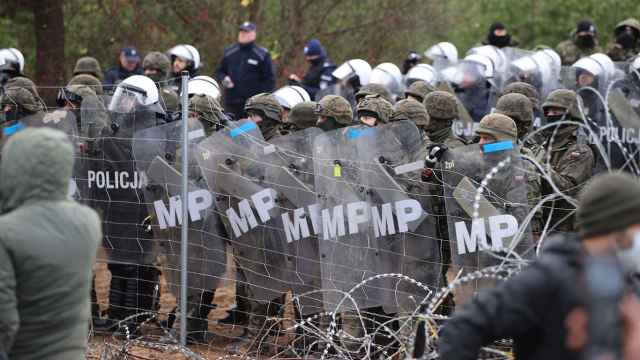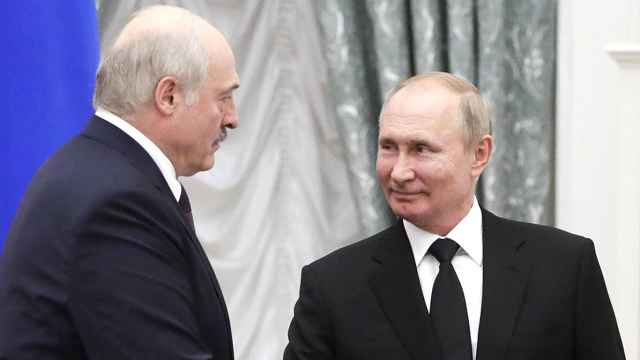Scores of asylum seekers who entered Russia with World Cup fan identity documents are seeking legal help in Moscow, in an attempt to escape war, political repression and homophobia, a refugee assistance group has said.
Russia introduced visa-free travel for holders of Fan IDs during the football tournament this summer, later extending the measure until the end of 2018 on President Vladimir Putin's orders. During the tournament, dozens of Fan ID holders reportedly tried to enter Europe illegally using Fan IDs.
Since the visa-free travel was first introduced, more than 100 asylum seekers who entered Russia using their Fan IDs have reached out to the Civic Assistance Committee, the NGO told The Moscow Times.
“The World Cup made it even cheaper and easier to come to Russia as an asylum seeker because people no longer had to buy a visa,” Varvara Tretyak, a counselor on migration issues at the organization, told The Moscow Times.
Tretyak said she has held consultations with asylum seekers holding Fan IDs from Nigeria, Bangladesh, Yemen, Afghanistan and Somalia, among other countries.
Around 20 percent of the people who come to the Civic Assistance Committee are from Nigeria, according to Tretyak, many of whom said they were fleeing militant groups like Boko Haram or face persecution over their sexual orientation.
Asylum seekers from Bangladesh, who comprise the second largest group of applicants, often flee their home country for political reasons, Tretyak said. “Most people left because they want to survive,” she told The Moscow Times.
Tretyak said appeals to her organization from asylum seekers with Fan IDs began shortly after the World Cup kicked off, and peaked in mid-July. With the tournament now over, visits from asylum seekers have continued, she said. "Last Friday alone, three people came in."
However, the chances for getting asylum in Russia are slim. According to the aid group's data, only 592 people had refugee status at the end of 2017 — the lowest number since 2007.
“Their chances for asylum are very low, nearly zero,” Tretyak said. “But many don’t really have a choice. They can’t go back to a country where they may be killed for being gay or where there is a war.”
“So there is no other solution besides staying in Russia and trying to apply,” she added.
The Federal Migration Service did not respond to a request for comment for this article.
A Message from The Moscow Times:
Dear readers,
We are facing unprecedented challenges. Russia's Prosecutor General's Office has designated The Moscow Times as an "undesirable" organization, criminalizing our work and putting our staff at risk of prosecution. This follows our earlier unjust labeling as a "foreign agent."
These actions are direct attempts to silence independent journalism in Russia. The authorities claim our work "discredits the decisions of the Russian leadership." We see things differently: we strive to provide accurate, unbiased reporting on Russia.
We, the journalists of The Moscow Times, refuse to be silenced. But to continue our work, we need your help.
Your support, no matter how small, makes a world of difference. If you can, please support us monthly starting from just $2. It's quick to set up, and every contribution makes a significant impact.
By supporting The Moscow Times, you're defending open, independent journalism in the face of repression. Thank you for standing with us.
Remind me later.


